Get Invasive Knotweed Removal in Roane County, TN
Invasive knotweed removal services help property owners in Roane County, TN, eliminate invasive plants that threaten landscapes, gardens, and construction projects by using specialized removal methods.
Invasive knotweed can quickly become a challenge for property owners in Roane County, TN, impacting the beauty and health of outdoor spaces. Managing this persistent plant often requires specialized removal techniques to prevent its spread and protect native landscapes. Property owners exploring invasive plant control may want to consider the expertise of local contractors who understand the unique conditions of the area and can provide tailored solutions for effective knotweed management.
Comparing different service providers in Roane County can help property owners identify experienced and reliable options for invasive knotweed removal. Whether planning a landscape project or simply seeking a solution to an ongoing problem, connecting with local contractors can offer practical insights and assistance. Keep reading to learn more about the services available and how to find the right professional to address invasive knotweed challenges.
- Invasive Knotweed Removal - needed when knotweed is spreading into garden beds or along property boundaries.
- Knotweed Control - required if the plant is overtaking lawns or disrupting natural landscapes in neighborhoods.
- Japanese Knotweed Eradication - necessary when this invasive species begins to compromise structural foundations or pathways.
- Reed Knotweed Management - sought after when dense growth is encroaching on wetlands or pond edges in the area.
- Giant Knotweed Clearing - important if the plant is threatening local wildlife habitats or causing erosion concerns.
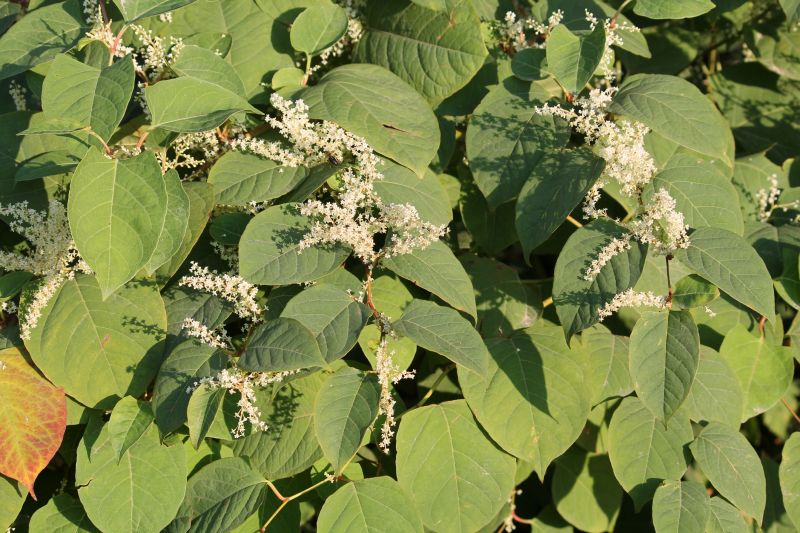
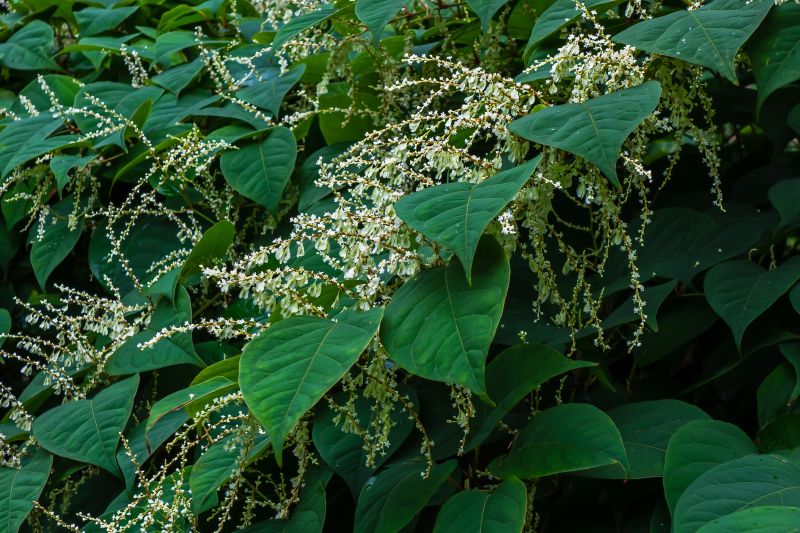
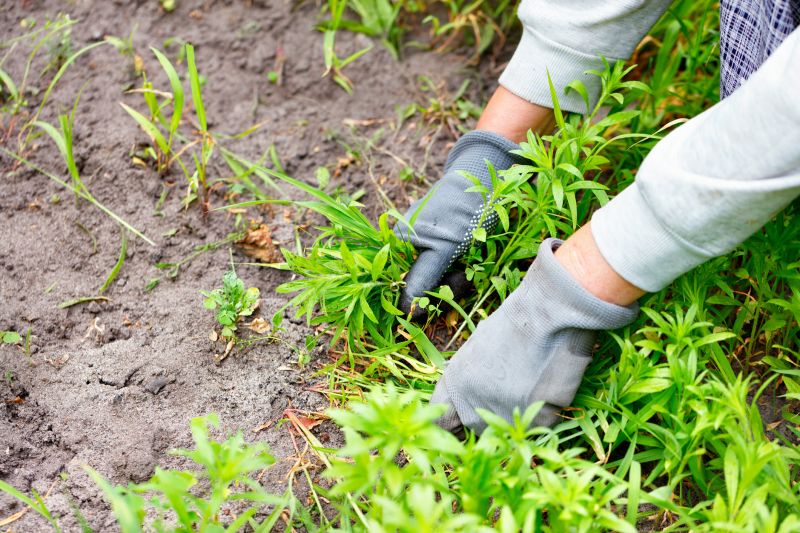
Invasive knotweed removal services focus on eliminating aggressive, fast-growing plants that can quickly take over yards, gardens, and landscapes. These services typically involve carefully identifying knotweed species, which may include Japanese knotweed or giant knotweed, and then employing specialized techniques to remove or control their spread. The process often includes mechanical removal, such as digging or cutting back the plants, combined with targeted treatments to prevent regrowth. Professionals may also advise on ongoing management strategies to ensure the knotweed does not return, helping property owners regain control of their outdoor spaces.
Knotweed can cause a variety of problems for property owners. Its rapid growth can choke out native plants and lawn areas, creating an unsightly and overgrown landscape. More significantly, knotweed’s extensive root system can damage nearby structures, such as driveways, sidewalks, or foundations, by exerting pressure as it spreads underground. Additionally, knotweed can interfere with drainage systems and reduce the overall value of a property. Removing it promptly can prevent these issues from escalating, protecting both the appearance and integrity of a property.
This service is often sought by homeowners who notice invasive plants encroaching on their yards or gardens. Properties with neglected or overgrown landscapes, especially those near water sources or disturbed soils, are common candidates for knotweed removal. Commercial properties, vacant lots, and properties undergoing development or renovation may also require professional removal to comply with local regulations or prevent future infestations. In general, any property owner facing persistent or problematic knotweed growth can benefit from the expertise of local contractors experienced in invasive plant control.
When knotweed becomes a concern, it’s important to recognize the signs early. Dense patches of tall, bamboo-like stalks, often with broad leaves, are typical indicators. The plant’s rapid spread can quickly dominate a landscape, making removal efforts more challenging if left unchecked. Property owners in Roane County, TN, and nearby areas who encounter these signs should consider consulting with experienced service providers. These professionals can assess the extent of the infestation, recommend appropriate removal strategies, and help restore the health and appearance of the landscape.
The overview below groups typical Invasive Knotweed Removal projects into broad ranges so you can see how smaller, mid-sized, and larger jobs often compare in Roane County, TN.
In many markets, a large share of routine jobs stays in the lower and middle ranges, while only a smaller percentage of projects moves into the highest bands when the work is more complex or site conditions are harder than average.
Smaller Knotweed Removal - Most routine removal projects in Roane County typically cost between $250 and $600. Many local contractors handle these jobs efficiently within this range, especially for smaller infestations or limited areas. Costs can vary based on the extent of the growth and site conditions.
Moderate-Scale Projects - Larger infestations or multiple sites usually fall into the $600-$2,000 range. These projects often involve more extensive removal efforts and may include some site cleanup. The majority of knotweed removal jobs in the area are completed within this band.
Extensive or Complex Removals - Projects that require specialized equipment or involve challenging terrain can range from $2,000 to $5,000. Fewer projects reach into this higher tier, typically involving significant infestation sizes or sensitive environmental considerations.
Full Site Replacement or Long-Term Control - Large-scale or ongoing management plans, including full site replacement, can exceed $5,000. These are less common but are necessary for severe infestations or properties requiring comprehensive treatment solutions.
Actual totals will depend on details like access to the work area, the scope of the project, and the materials selected, so use these as general starting points rather than exact figures.
Vegetation Removal - Local contractors skilled in clearing invasive plants can handle projects involving the removal of unwanted vegetation, similar to knotweed eradication efforts.
Land Clearing Services - Land clearing requires planning and equipment use comparable to invasive plant removal, making it relevant for property restoration projects.
Brush and Shrub Clearing - Professionals experienced in removing dense brush and shrubs can apply similar techniques and tools used in invasive knotweed control.
Storm Damage Debris Removal - Clearing storm debris involves site assessment and cleanup methods akin to invasive plant removal processes.
Erosion Control Projects - Implementing erosion control measures often requires site preparation and vegetation management skills similar to invasive species removal.
Landscape Restoration - Restoring natural landscapes involves invasive species management and site planning skills comparable to invasive knotweed removal services.
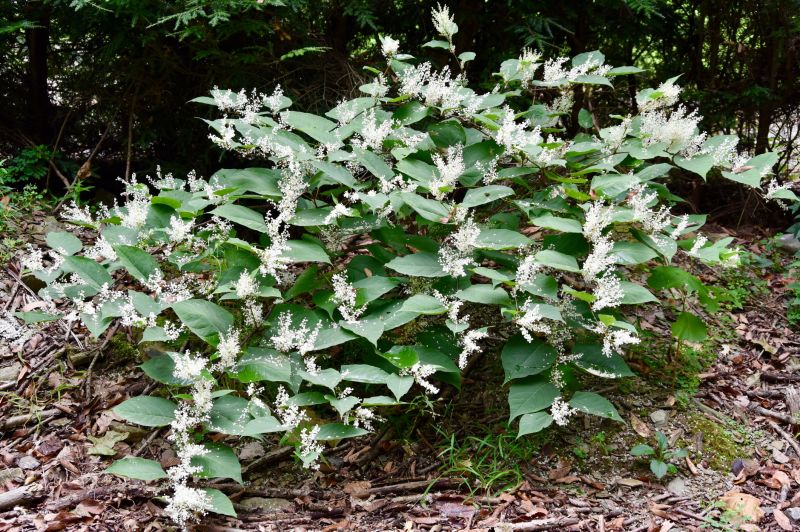
When comparing service providers for invasive knotweed removal, it’s important to consider their experience with similar projects. Homeowners should seek out local contractors who have a proven track record of successfully managing invasive plant removal in properties comparable to their own. Asking about previous work can help gauge familiarity with the specific challenges that knotweed presents and ensure that the chosen professional understands the best practices for effective and thorough removal.
Clear written expectations are essential to a smooth project. Homeowners should look for providers who can offer detailed descriptions of their services, including the scope of work, methods used, and any necessary follow-up. Having these details in writing helps prevent misunderstandings and ensures that everyone is aligned on what the project entails. Reputable service providers will be transparent about their process and willing to communicate these expectations upfront.
Good communication and reputable references are key indicators of a reliable local contractor. Homeowners are encouraged to ask for references from past clients, particularly those who had similar knotweed issues addressed. Listening to feedback about the contractor’s professionalism, responsiveness, and ability to deliver results can provide valuable insight. Effective communication throughout the process helps ensure that questions are answered, concerns are addressed, and the project progresses smoothly, making it easier to select a dependable partner for invasive knotweed removal.
Property owners in Roane County, TN use Invasive Knotweed Removal services for practical projects around their homes and businesses. This guide focuses on everyday jobs and straightforward project options.
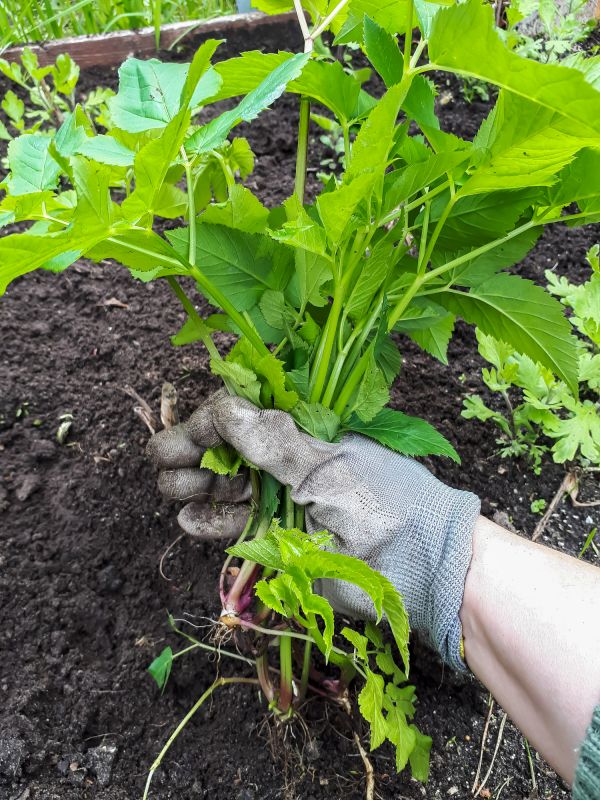
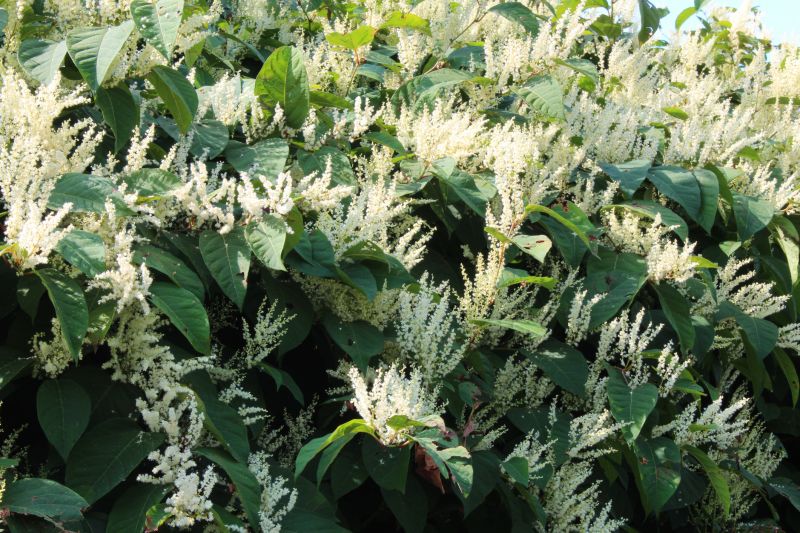
In Roane County, property owners may seek invasive knotweed removal services when the plant begins to spread across yards, gardens, or along property boundaries. This aggressive weed can quickly take over open spaces, choking out native vegetation and making outdoor areas less usable or less appealing. Homeowners and landowners often look for professional help to manage and remove knotweed to protect their landscaping, prevent further invasion, and maintain the overall appearance of their property.
Additionally, those experiencing issues with knotweed near pathways, driveways, or around foundations might turn to local contractors for assistance. Knotweed's deep root system can cause damage to structures and interfere with drainage systems if left unchecked. Property owners may also seek removal services to comply with local regulations or to prepare land for future development or landscaping projects. Connecting with experienced service providers can help ensure the invasive plant is effectively managed and removed.
What is invasive knotweed removal? Invasive knotweed removal involves eliminating this aggressive plant species from properties to prevent damage to structures and native ecosystems.
Why should invasive knotweed be removed promptly? Removing knotweed promptly helps prevent its rapid spread, which can lead to property damage and ecological imbalance.
How do local contractors remove invasive knotweed? Local contractors typically use specialized methods such as targeted herbicide application and physical removal to control and eliminate knotweed infestations.
Is invasive knotweed removal safe for surrounding plants? Yes, professional removal methods are designed to target knotweed specifically, minimizing impact on nearby vegetation.
What signs indicate invasive knotweed might be present? Signs include tall, bamboo-like stalks, dense clusters of broad leaves, and rapid vertical growth in affected areas.
Invasive Knotweed Removal - Property owners can use this service to clear overgrown areas and prevent knotweed from spreading into gardens or lawns.
Invasive Knotweed Removal - Homeowners may seek professional removal to protect landscaping and maintain the aesthetic of their outdoor spaces.
Invasive Knotweed Removal - Landowners can collaborate with local contractors to manage knotweed in vacant or underutilized land parcels.
Invasive Knotweed Removal - Business owners might utilize this service to ensure commercial properties remain accessible and visually appealing.

If you are thinking about Invasive Knotweed Removal for a property in Roane County, TN, this guide is meant to help you understand the work, the typical project types, and how different options might fit your plans.
When you are ready, you can use the quote form on this page to share a few details about your project. From there, local pros can review the basics and respond with options that match what you have in mind.
